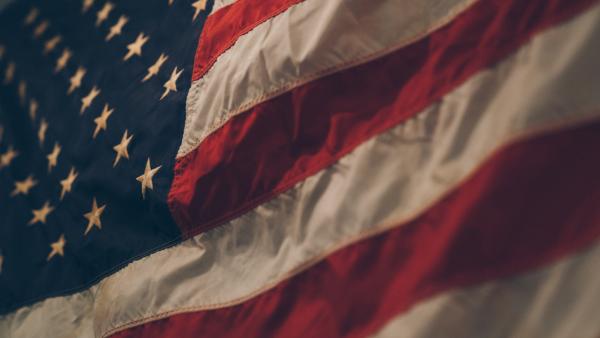There are currently 11 million undocumented immigrants living in the U.S. Jose Angel N is one of them.
Politics and History
Have we lost sight of ancient virtues like courage, compassion and truth? Mark Edmundson thinks we have, and he says we'd do well to read Homer, Plato and the ancient sages.
Carlos Fraenkel wanted to take philosophy out into the streets, so he met with students at Palestinian and Egyptian universities, and found that Plato, Maimonides and other great philosophers can open up a culture of conversation and debate.
Archeologist Eric Cline says a "perfect storm" of calamities led to the collapse of the Late Bronze Age. He points out that we face many of the same challenges today.
Renowned classicist Mary Beard says we have lots to learn from Ancient Rome, including insights into how empires rise and fall.
There's a lot of hand-wringing these days about the American Empire. Is it doomed to come crashing down the way the Roman Empire did?
So what about that phrase “a more perfect union”? What does that mean? And how do we reconcile all the different visons of what a more perfect union might be? Especially the ones you disagree with.
Prohibition gave us speakeasies, jazz clubs and bathtub gin. But a new revisionist history uncovers a more disturbing legacy: campaigns against immigrants, the War on Drugs, and the rise of America's "incarceration nation," says historian Lisa McGirr.








